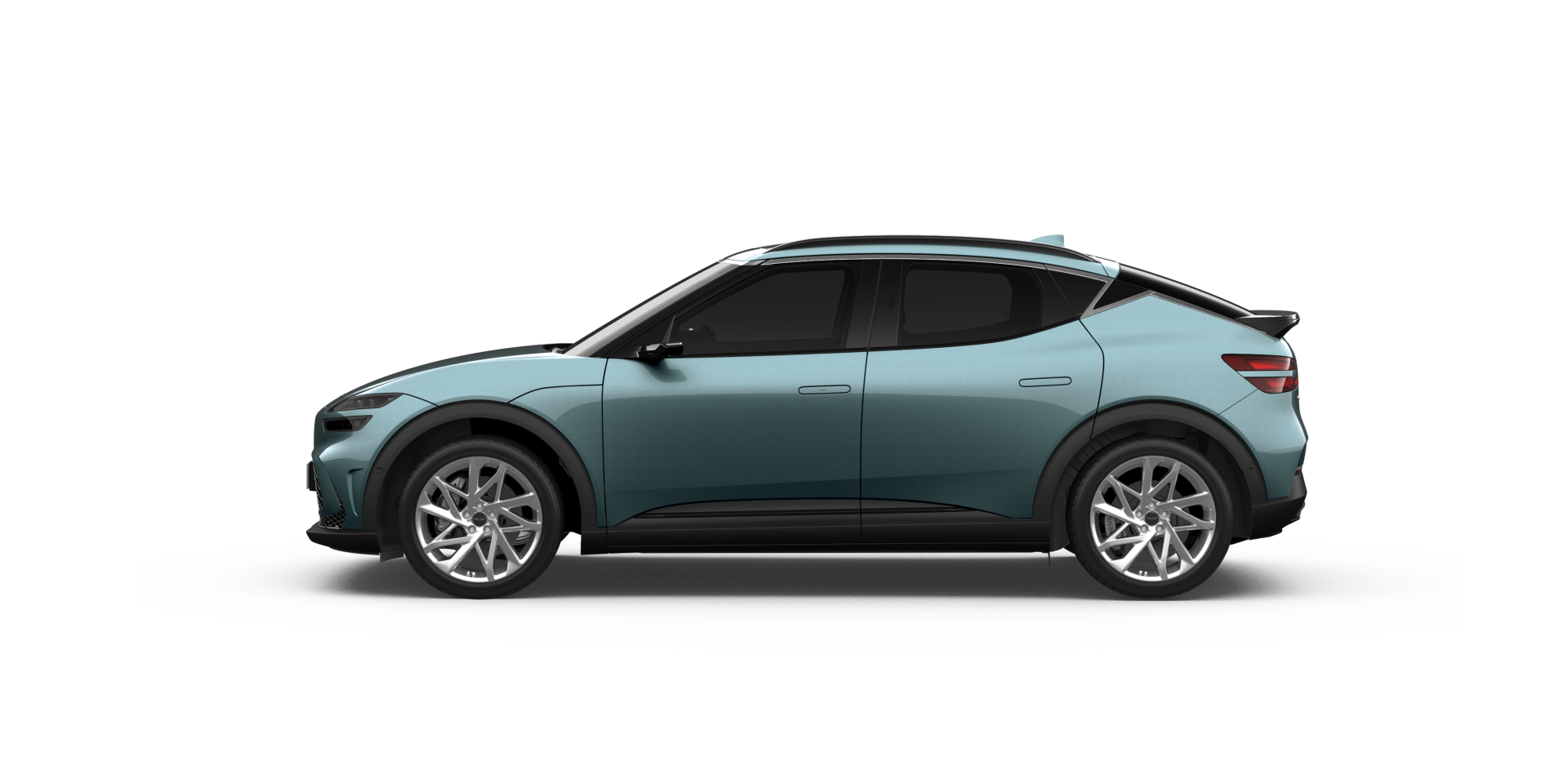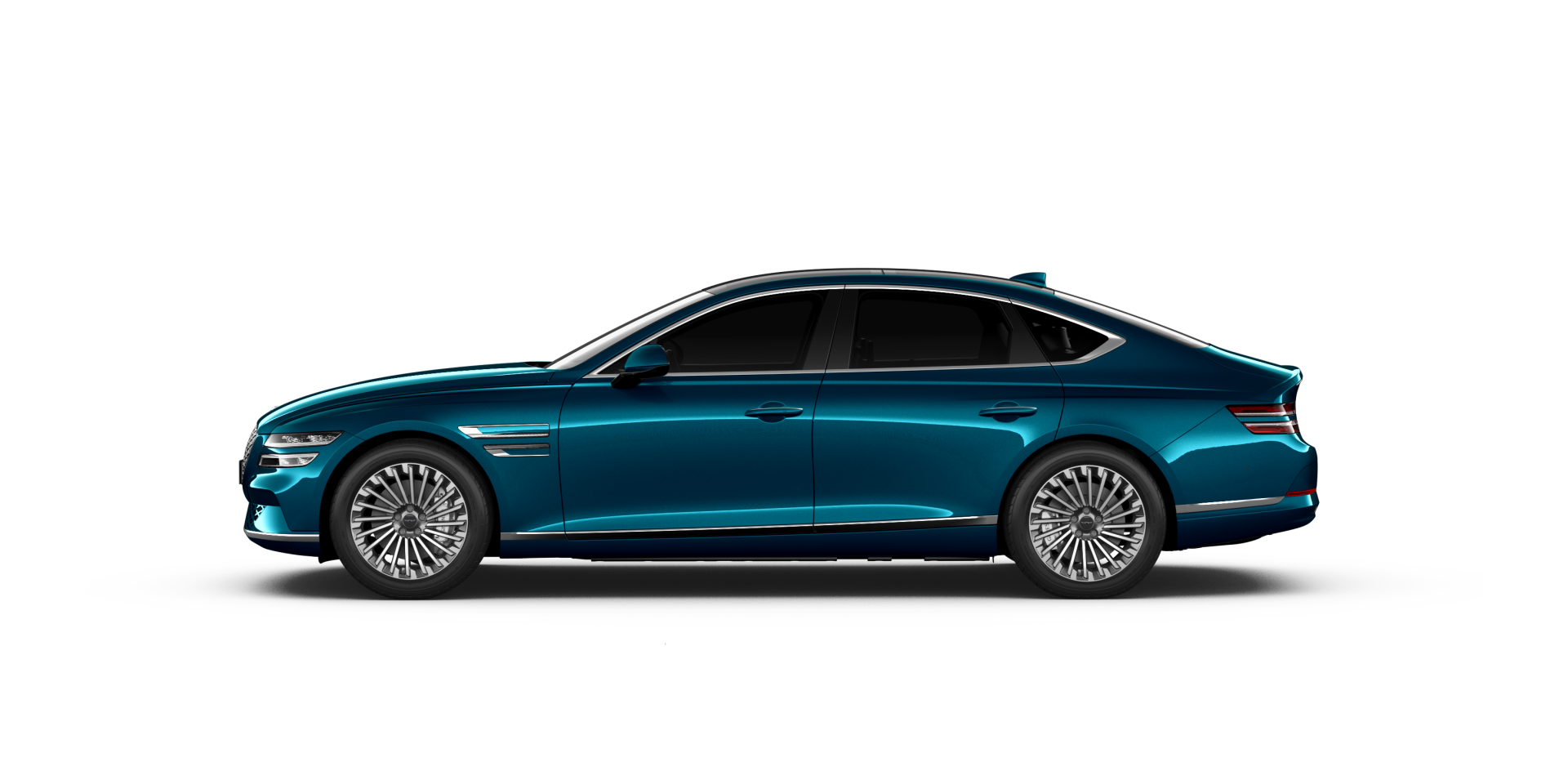Our Genesis electric models have exceptional range and performance, fast-charging functions and unique technologies. Discover how we are creating the new standard in sustainable innovation

Should I buy an electric car?
Why choose Genesis?
-
Ultra-fast charging
-
Vehicle-to-load function
-
i-Pedal with Smart Regenerative Braking
Ultra-fast charging
With 800 V capability for ultra-fast charging and greatly reducing waiting times, our charging technology is both sustainable and sophisticated.

Vehicle-to-load function
This technology lets you use the energy held in your car to power or charge external devices as well as other vehicles such as e-bikes.

i-Pedal with Smart Regenerative Braking
Thanks to regenerative braking, you can drive your Genesis mostly using just the accelerator. When you ease off the i-Pedal the electric motor smoothly slows you down. You can still use the normal brake if needed.

Explore our Electrified Range
-
* The consumption and emission values are based on the Worldwide Harmonised Light Vehicles Test Procedure (WLTP). Further information on the WLTP measurement procedure can be found at https://www.genesis.com/uk/en/wltp.html.
-
1
18 minute charge is based on 800 V from ultra-rapid chargers (350 kW) . Actual charging time will vary and is dependent on a number of factors including battery temperature, condition and age, ambient temperature and the power provided by the charger. Charge time increases in cold weather and if battery temperature activates safeguarding technology.
-
2
Combined range according to WLTP*. Please note that actual values may vary depending on driving style, driving conditions, the equipment of your vehicle and other factors. Range calculation is based on battery discharge from 100% to 0%.
The consumption and emission values are based on the Worldwide Harmonised Light Vehicles Test Procedure (WLTP). Further information on the WLTP measurement procedure can be found at https://www.genesis.com/uk/en/wltp.html.
-
3
‘On The Road’ price includes vehicle, number plates, delivery, first registration fee, 5 Year Care Plan and VAT. All prices are subject to change.
-
4
22 minute charge is based on 800 V from ultra-rapid chargers (350 kW) . Actual charging time will vary and is dependent on a number of factors including battery temperature, condition and age, ambient temperature and the power provided by the charger. Charge time increases in cold weather and if battery temperature activates safeguarding technology.














